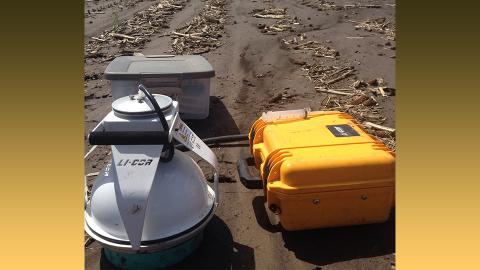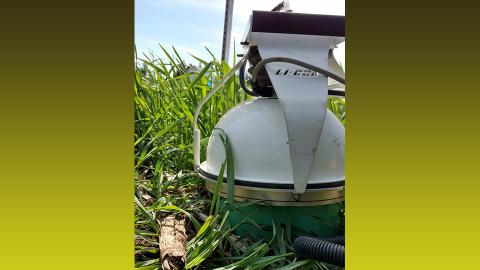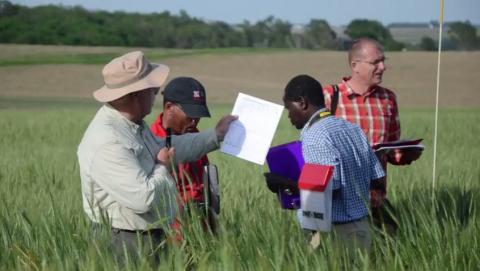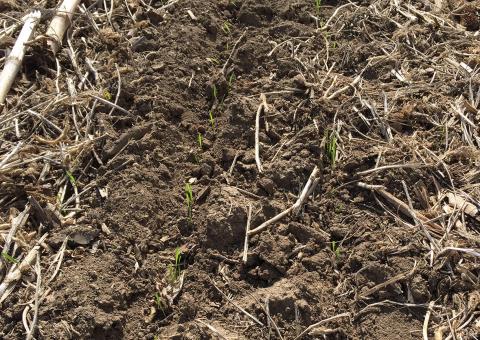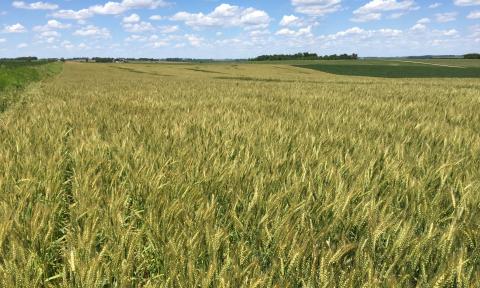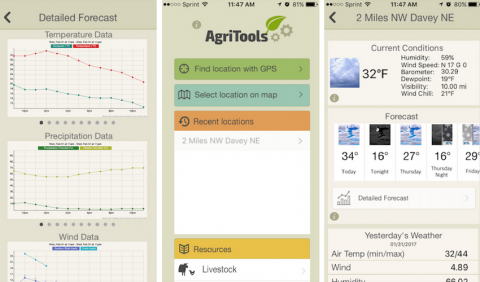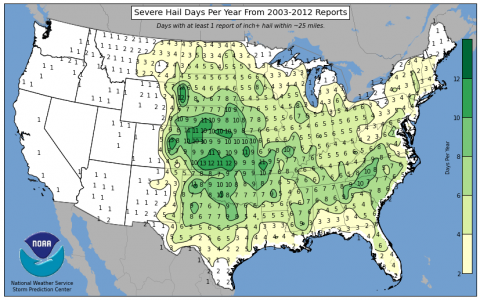Corn Residue Removal and CO2 Emissions
February 26, 2018
University research looking at CO2 emissions from two types of residue removal (baling and grazing) compared with a control treatment found little day-to-day impact; however, when looking at cumulative data for the whole year, grazing did appear to affect cumulative CO2 emissions in irrigated crop-livestock systems. This data represents the first year of this study.
Cover Crop and CO2 Emissions
February 26, 2018
Do cover crops affect CO2 emissions from the soil and if so, under what conditions? These were among the questions addressed by university researchers monitoring CO2 emissions from cereal rye cover crops in irrigated and dryland no-till continuous corn treatments.
Why Grow Winter Wheat in Eastern Nebraska?
August 31, 2017
The winter wheat varieties planted in eastern Nebraska today can yield upward of 140 bu/ac under good management and weather. If you haven't planted wheat in several years, consider today's advanced genetics and these other benefits from integrating wheat into your rotation.
Wheat Planting Practices for Eastern Nebraska
August 31, 2017
While many growers are thinking of fall harvest, others are preparing to plant their next wheat crop. Based on information from farmers, agronomists, and researchers, outlined here are seven key steps to help ensure a successful wheat crop.
Recap of 2017 Eastern Nebraska Winter Wheat Crop
August 31, 2017
While final USDA yield numbers aren't in yet, it looks like 2017 wheat yields could rival the 2016 yields in portions of eastern Nebraska, based on state variety trials and extension educator reports. See the breakdowns by district.
In-Season Use of the AgriTools App
July 20, 2017
The Nebraska Extension AgriTools app puts key weather and climate information targeted to Nebraska agricultural production as close as your phone. iPhone available now and Android version coming soon!
Hail: Pre- and Post-Event Risk Management Considerations
May 25, 2017
Severe weather, especially hail, is common during the Nebraska growing season. The impact to crops, structures, and equipment can be devastating, but planning and responding properly can save you time, money, and stress.
Potential Impact on Crops from Changes in Spring Climate Trends
April 7, 2017
A shift toward warmer and wetter springs may create opportunities and also challenges for Nebraska farmers. The change may alter the timing of many agricultural processes, management decisions, pest pressures as well as growing season length. This article outlines potential impacts and their effects in a number of these areas.

